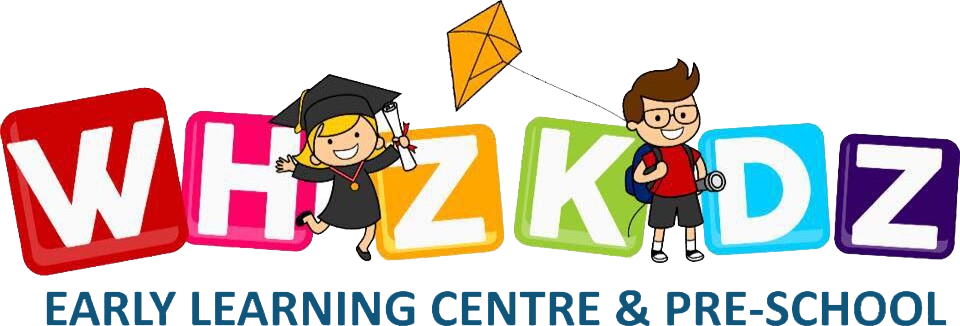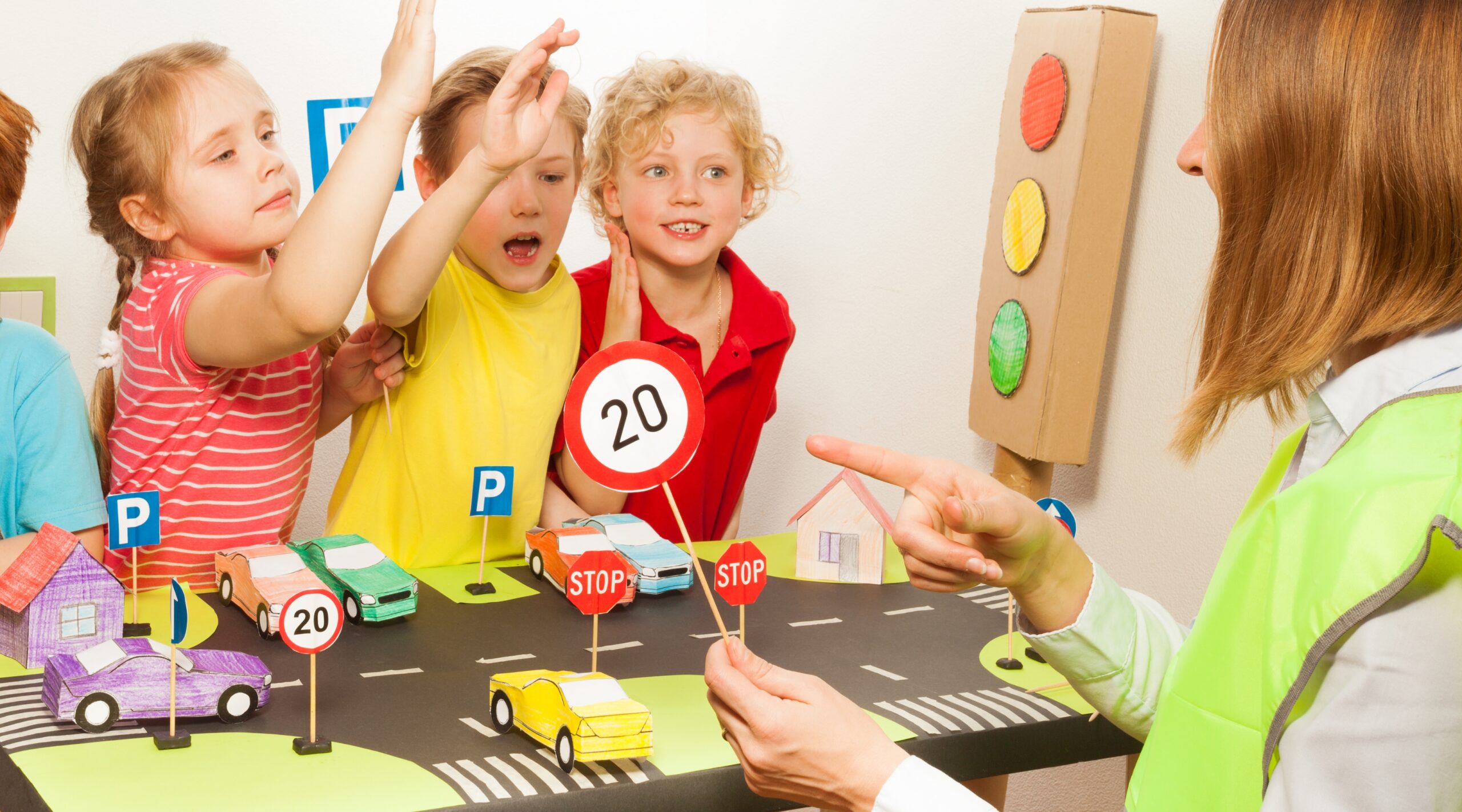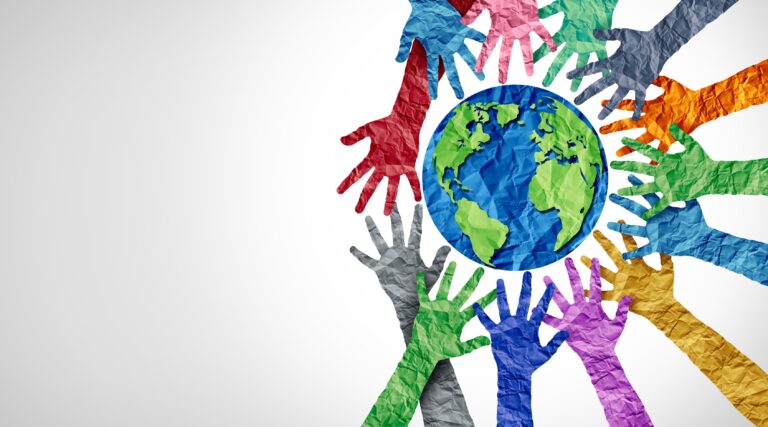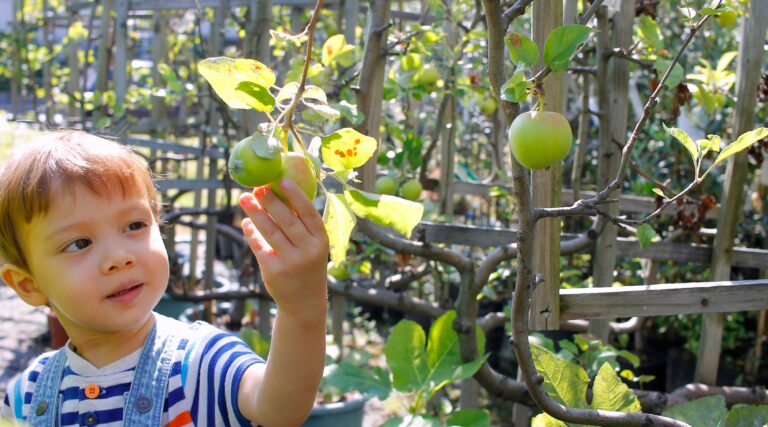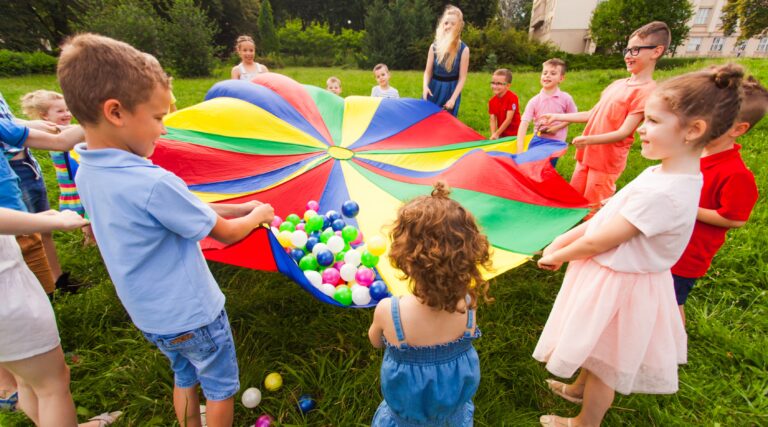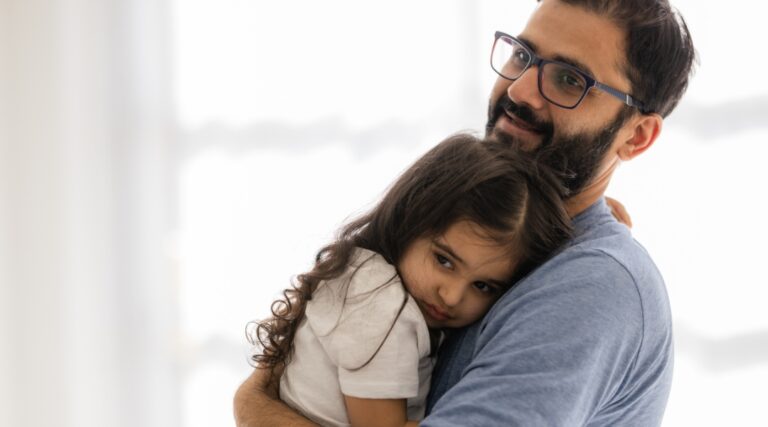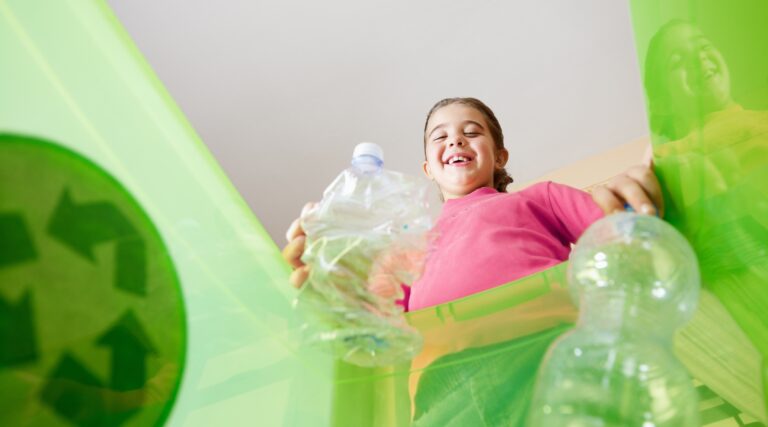How to Help Children Develop Self-Regulation Skills in Childcare
The team at Whiz Kidz Pendle Hill understand how helping children develop self-regulation skills is essential for their social, emotional, and academic success. Here are some strategies the team at Pendle Hill Whiz Kidz use to support the development of self-regulation skills for children under our care:
Promote a predictable and structured environment
Establishing consistent routines and schedules provides children with a sense of stability and predictability, which helps them feel secure and reduces stress. Clearly communicate expectations and transitions and provide visual cues or timers to help children understand and prepare for upcoming activities.
Teach and model self-regulation strategies
Teach children age-appropriate self-regulation strategies such as deep breathing, counting to ten, taking a break, or using positive self-talk to calm down and manage strong emotions. Model these strategies yourself and provide opportunities for children to practice them in various situations.
Encourage mindfulness and relaxation
Incorporate mindfulness and relaxation techniques into daily routines to help children become more aware of their emotions and learn to regulate them effectively. Activities such as guided meditation, yoga, or simple relaxation exercises can promote self-awareness, stress reduction, and emotional regulation.
Provide opportunities for choice and autonomy
Offer children opportunities to make choices and exercise autonomy within safe and appropriate boundaries. Allowing children to make decisions about their activities, materials, and interactions fosters a sense of control and empowerment, which promotes self-regulation and independence.
Use positive behaviour management strategies
Focus on positive reinforcement, praise, and encouragement to reinforce desired behaviours and self-regulation efforts. Provide specific feedback and acknowledge children’s progress and successes, which helps build self-confidence and motivation to continue practicing self-regulation skills.
Teach problem-solving and conflict resolution skills
Help children develop problem-solving and conflict resolution skills by teaching them strategies for identifying and addressing conflicts or challenges in constructive ways. Encourage active listening, perspective-taking, and collaborative problem-solving to promote empathy, communication, and cooperation.
Create a supportive and nurturing relationship
Build trusting relationships with children based on empathy, respect, and understanding. Provide emotional support, validation, and comfort when children are experiencing strong emotions, and help them identify and label their feelings. A supportive adult-child relationship provides a secure base from which children can develop self-regulation skills.
Promote social-emotional learning (SEL)
Integrate social-emotional learning into the curriculum to explicitly teach self-regulation skills and emotional literacy. Use age-appropriate books, games, and activities to explore emotions, empathy, self-awareness, and responsible decision-making, and provide opportunities for children to practice these skills in real-life situations.
Encourage physical activity and play
Provide ample opportunities for active play and movement throughout the day, as physical activity helps children release energy, reduce stress, and regulate emotions. Outdoor play, gross motor activities, and sensory experiences promote self-regulation by providing outlets for physical expression and sensory input.
Collaborate with families
Involve families in supporting children’s self-regulation skills by sharing strategies, resources, and information about children’s progress and challenges. Collaborate with parents and caregivers to reinforce consistent expectations and approaches across home and childcare settings, which promotes continuity and reinforces children’s self-regulation efforts.
By implementing these strategies and creating a supportive environment that promotes self-awareness, self-control, and emotional regulation, the providers at Whiz Kidz Pendle Hill help children develop essential self-regulation skills that will benefit them throughout their lives and education.
